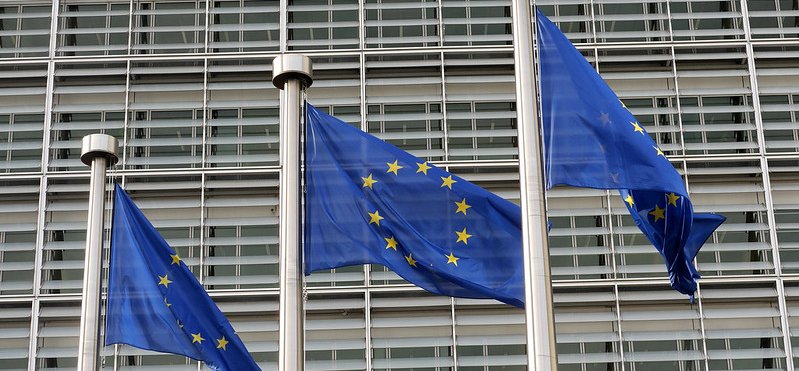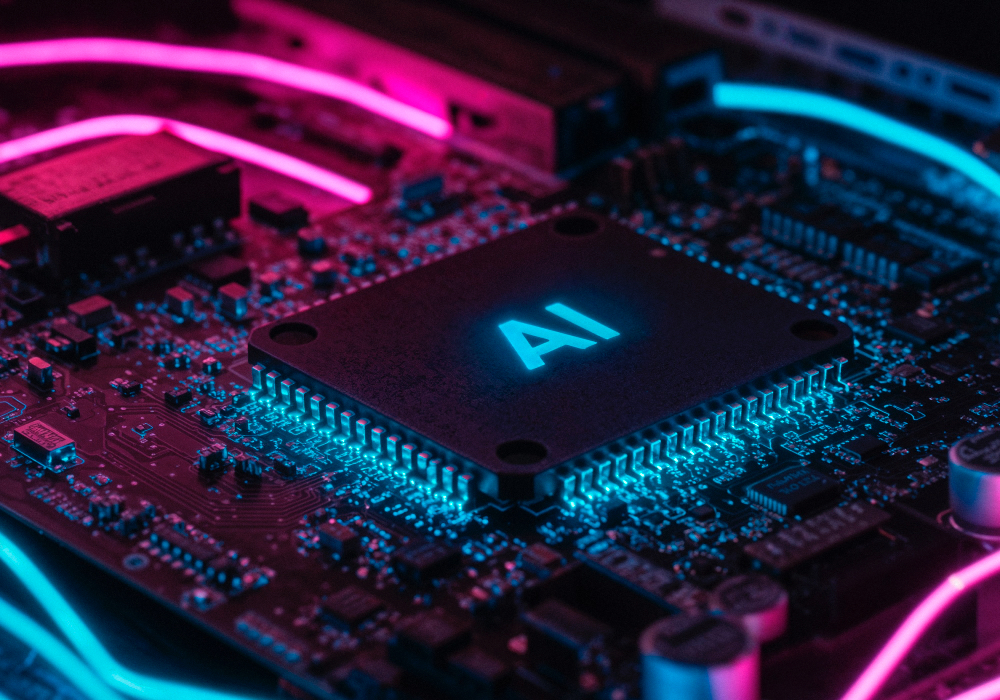The first national Internet Governance Forum in Cambodia has taken place, establishing a new platform for digital policy dialogue. The Cambodia Internet Governance Forum (CamIGF) included civil society, private sector and youth participants.
The forum follows an Internet Universality Indicators assessment led by UNESCO and national partners. The assessment recommended a permanent multistakeholder platform for digital governance, grounded in human rights, openness, accessibility and participation.
Opening remarks from national and international stakeholders framed the CamIGF as a move toward people-centred and rights-based digital transformation. Speakers stressed the need for cross-sector cooperation to ensure connectivity, innovation and regulation deliver public benefit.
Discussions focused on online safety in the age of AI, meaningful connectivity, youth participation and digital rights. The programme also included Cambodia’s Youth Internet Governance Forum, highlighting young people’s role in addressing data protection and digital skills gaps.
By institutionalising a national IGF, Cambodia joins a growing global network using multistakeholder dialogue to guide digital policy. UNESCO confirmed continued support for implementing assessment recommendations and strengthening inclusive digital governance.
Would you like to learn more about AI, tech, and digital diplomacy? If so, ask our Diplo chatbot!










